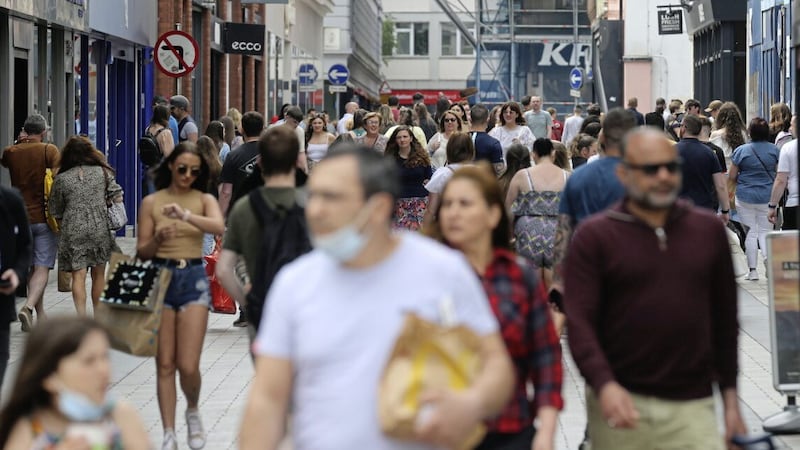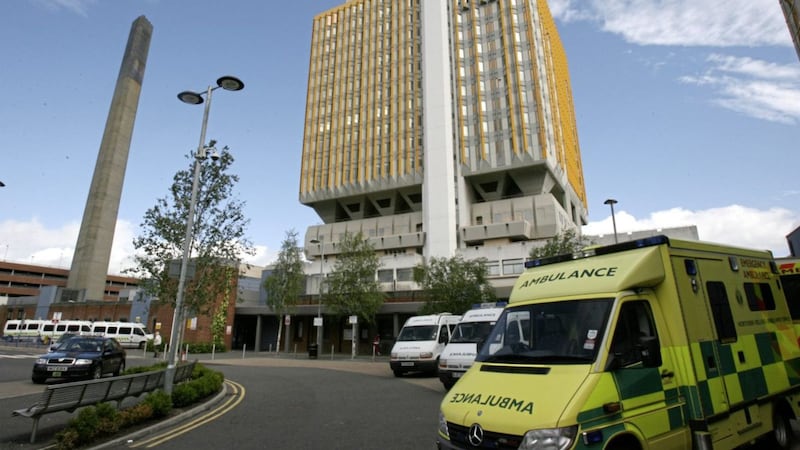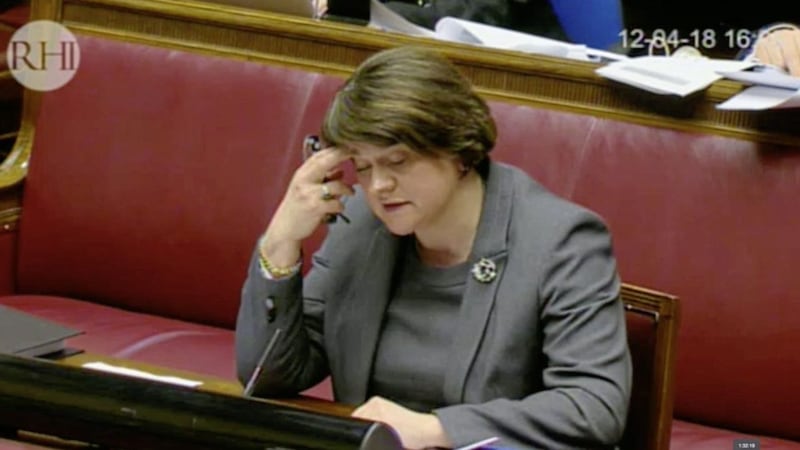THE Northern Ireland private sector experienced its sharpest decline in activity in 10 years last month.
The latest Ulster Bank purchasing managers index (PMI) indicated that apart from the pandemic, the private sector witnessed its sharpest reductions in output and new orders since 2012.
The survey said consumer demand and strong inflationary pressures are behind the plummeting readings, with all areas impacted.
The headline seasonally adjusted business activity index dropped to 41.9 in July, down from 42.9 in June. A reading above 50.0 signals growth.
Retail posted the fastest decline in activity, followed by construction and then manufacturing.
The services sector also dropped but was the softest decrease out of all four areas.
Looking to the year ahead companies working in the services and construction industries were the most pessimistic, anticipating lower activity levels.
Manufacturing firms, however, forecast a pick-up in activity over the next year.
The silver lining, the survey showed, was a further rise in employment.
Richard Ramsey, Ulster Bank's chief economist for the north, said: “Northern Ireland households may be basking in sunshine but as far as the economy is concerned storm clouds continue to gather.
"Last month witnessed a further deterioration in local business conditions with business activity contracting at its fastest pace in 17 months."

Outside of the Covid-19 pandemic and lockdown restrictions, July's rate of decline in business activity was the steepest since November 2012.
"Declining market demand is attributed to rising prices," said the economist. "And while the rates of input cost and output price inflation are easing, they remain elevated.
"As a result, new orders fell for the third month running and, when excluding the pandemic period, at the fastest pace in over a decade. Local firms cited increasing difficulties finding work in the Republic of Ireland.
"The drop in demand was broad based across all sectors with services experiencing the smallest declines in output and new orders.
"Perhaps unsurprisingly, given the cost-of-living crisis, retail recorded the steepest declines in sales and orders."
Mr Ramsey said retail sales have "plunged" over the last three months and retailers expect future sales to be unchanged, remaining at these levels over the next year.
Mr Ramsey added: "Positives remain in short supply in the latest survey. However, employment continues to be a bright spot with all four sectors increasing their staffing levels in July.
"But with the Bank of England forecasting a UK recession, a softening in the labour market will be expected going into 2023.
"That said, the labour market is likely to be much more robust this time than in previous recessions."








